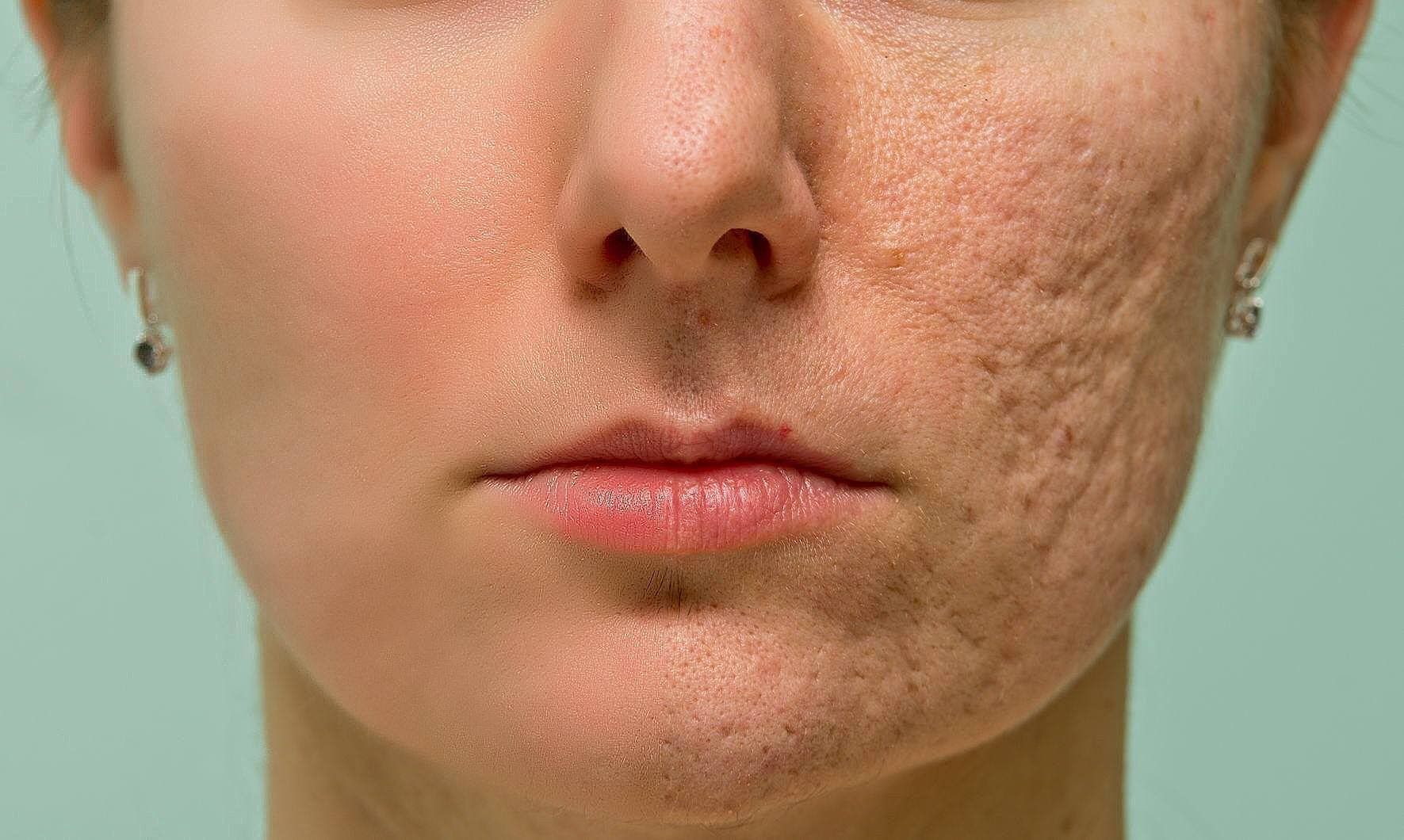Eczema also known as (atopic dermatitis), is a skin condition that affects millions worldwide, but dealing with it under the neck can be particularly frustrating. The neck is not just an exposed part of the body—it’s sensitive, and often subjected to friction, sweat, and allergens. If you’re struggling with eczema under the neck, don’t worry. This guide will help you understand the causes, symptoms, and treatments for this tricky area.
What is Eczema?
Definition of Eczema
Eczema is a chronic skin condition characterized by inflammation, redness, and itching. It’s not contagious, but it can be a lifelong struggle for many people.
Common Types of Eczema
- Atopic Dermatitis: The most common type, often linked to genetics and allergies.
- Contact Dermatitis: Caused by allergens or irritants like perfumes or jewelry.
- Seborrheic Dermatitis: Typically occurs in oily areas and may extend to the neck.
Why Does Eczema Occur Under the Neck?
Sensitivity of the Neck Area
The skin on your neck is thinner and more sensitive, making it prone to irritation from allergens and environmental factors.
Common Triggers for Eczema Under the Neck
- Allergens: Dust mites, pollen, and fragrances are common culprits.
- Irritating Fabrics: Rough or synthetic materials can aggravate the skin.
- Sweating and Heat: These can create a perfect storm for eczema flare-ups.
Symptoms of Eczema Under the Neck
How to Identify Eczema Symptoms
The telltale signs include redness, dry patches, and relentless itching. You may also notice swelling and small bumps in severe cases.
Variability in Symptoms
Eczema symptoms can range from mild irritation to intense inflammation that disrupts daily life.
Causes of Eczema Under the Neck
Genetic Factors
If eczema runs in your family, you’re more likely to experience it, including under your neck.
Environmental Triggers
Pollution and sudden changes in weather can irritate sensitive neck skin.
Lifestyle Factors
Stress, hygiene habits, and even diet can play a role in triggering or worsening eczema under the neck.
Diagnosing Eczema Under the Neck
When to See a Doctor
If over-the-counter treatments aren’t helping, or if your eczema worsens, it’s time to consult a dermatologist.
Medical Tests for Diagnosis
Tests like patch testing can help pinpoint specific allergens causing your flare-ups.
Treatment Options for Eczema Under Neck
Over-the-Counter Remedies
Moisturizers and anti-itch creams can soothe mild eczema. Make sure they’re free of harsh chemicals.
Prescription Treatments
Doctors may recommend topical steroids or immunomodulators for more severe cases.
Importance of Using Fragrance-Free Cream
Using a fragrance-free cream is crucial to avoid further irritation and keep your skin hydrated.
Home Remedies and Natural Alternatives
Oatmeal baths and coconut oil are popular options for reducing inflammation naturally.
Preventing Eczema Under the Neck
Proper Skin Care Routine
Use gentle cleansers and keep your neck moisturized. Never skip hydration—your skin will thank you.
Choosing the Right Clothing
Opt for soft, breathable fabrics like cotton to minimize irritation.
Managing Environmental Triggers
Use air purifiers and avoid harsh weather exposure whenever possible.
Living with Eczema Under the Neck
Coping Strategies
Stress management is key. Consider mindfulness exercises or journaling to keep stress levels low.
Emotional Impact of Eczema
Eczema can affect your self-esteem, but remember, you’re not alone. Support groups and counseling can be helpful.
When Eczema Becomes Severe
Recognizing Signs of Infection
Watch for symptoms like oozing or yellow crusts, which could indicate an infection requiring immediate medical attention.
Advanced Treatments
Phototherapy and systemic medications are options for severe or unresponsive cases.
Final Thoughts
Eczema under the neck can be challenging, but it’s manageable with the right approach. From understanding triggers to finding effective treatments, you have the tools to regain control. Stay consistent with your care routine and consult a dermatologist when needed.
FAQs
What causes atopic dermatitis under the neck?
Eczema under the neck is often caused by allergens, irritants, or genetic factors.
How can I treat atopic dermatitis under the neck naturally?
Natural remedies like oatmeal baths and coconut oil can help soothe your skin.
Is atopic dermatitis under the neck contagious?
No, eczema isn’t contagious and cannot spread from person to person.
Can stress make atopic dermatitis under the neck worse?
Yes, stress is a significant trigger that can lead to flare-ups.
What fabrics should I avoid if I have eczema under the neck?
Avoid rough, synthetic fabrics and opt for soft, breathable materials like cotton.










